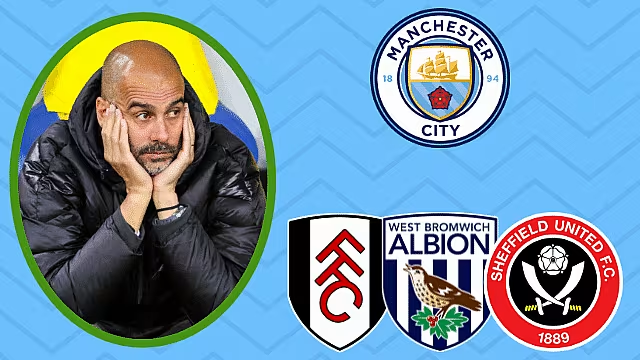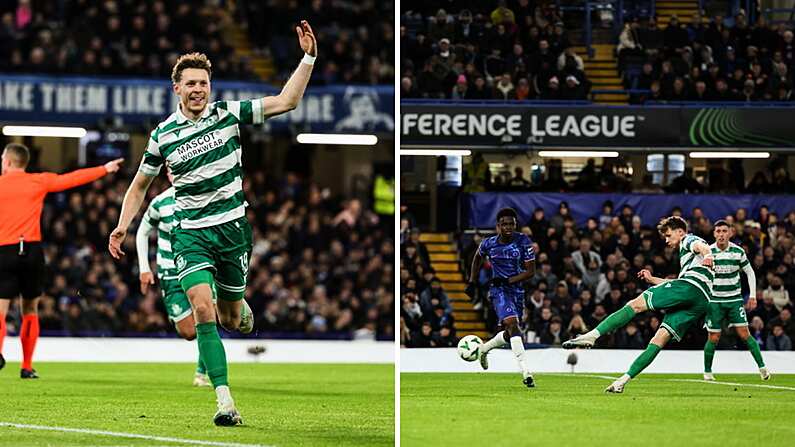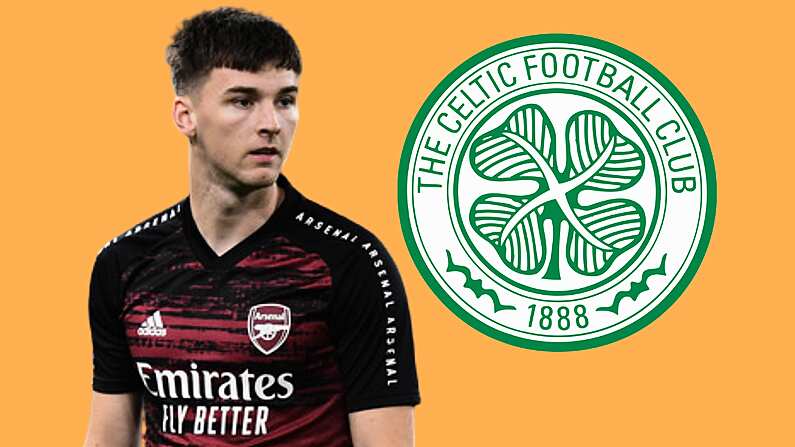In a matter-of-fact press release this morning, the Premier League confirmed the agreement of a renewed TV deal with existing broadcasting partners. It will run until 2025.
The agreement between the league and broadcasters Sky, BT and Amazon is a roll-over deal, and is valued at £4.8 billion.
By concluding negotiations, the parties concerned avoided a significant drop in the market value of the broadcasting rights by opening the contracts to other industry players. Amidst a volatile market, negotiating partners were keen to avoid opening the competition and a potential loss of over £500 million in the value of the rights.
The closed shop agreement will unlikely cause much fuss. Broadcasting negotiations, typically, don't inspire emotive responses.
Broadcasting negotiations don't hold the same allure as say, a break-away European 'Super League', where the biggest players in an industry decide that they call all the shots, and there's nothing you can do about it.
The TV contracts make sense: take the deal that will result in the most lucrative pay-off for stakeholders. That's business.
But when all this happens behind closed doors, questions are raised. How much influence did Sky and BT's opposition to the Super League have on this deal? Is it even an issue? It seems that being angry about the elitism of the Super League doesn't translate to discomfort with closed shop TV deals. Is it because TV bidding wars don't really bother the average fan?
Therein lies the hypocrisy. The Super League drama has dissipated fairly quietly, and normal order has resumed. The fact that the Premier League and its TV partners chose to protect its financial interests over an open rights auction won't surprise anyone. At least, it shouldn't.
Clinically pointed out in the League's press release, there was no legal obligation for the League to put the next three years of TV rights on the market. The only way that was going to happen was if negotiating executives decided to do so, out of a sense of obligation, of optics, of morality. That's why no one should be surprised.
If it wasn't bad enough at the time, the nauseating cognitive dissonance of Sky Sports being used as a platform to decry the desecration of the beautiful game by the European Super League conglomerate is plain to see this morning.
To his credit, Jamie Carragher pondered on-air about the role of his employer in the commodification of elite football back when the Super League storm was still raging last month.
It didn't go much further than that, and Sky continued to give copious air time to this-is-the-death-of-the-game discourse. Gary Neville and co were strong on many aspects of the debate, and at points admirable in their opposition to the whole scheme. This should not be dismissed: indeed, soundbites from these studio monologues went viral to much acclaim at the time. It was merited.
But sadly, we cannot escape from the fact that opposition to the Super League suited Sky Sports. Having an open competition for TV rights categorically does not.
This morning's announcement leaves a sour taste, bringing into focus the priorities of Sky and others ruling from world football's ascendancy.
The same goes for the Premier League. The English top flight's condemnation of the Super League was unanimous and well publicised, and their message of rejection said all the right things. A press release, published early during the unfolding debacle, said the reaction to the plan "[proved] just how much our open pyramid and football community means to people".
You might have been forgiven for thinking that the Premier League was advocating for the average football fan. This kind of posturing is present in the new deal, too. While those at the top of the pyramid have their cake, £100 million has been dog-eared for distribution over three years to aid grassroots football, women's football, League 1 and 2, and the National League. In the context of a £4.8 billion deal, one can make of that what they will.
It doesn't need any explaining why the Premier League took this stance.
The too long, didn't read of this article is quite straightforward. The TV deals typify the attitude of the League, the broadcasters, and others with weighted financial interests in elite football: the status quo must be maintained.
The next cycle of TV rights will be negotiated three years from now. We probably won't have a European Super League then. In fact, I don't think much will have changed at all in elite football when that time rolls around.
SEE ALSO: Numbers Don't Lie - The Worst Premier League Season Ever












